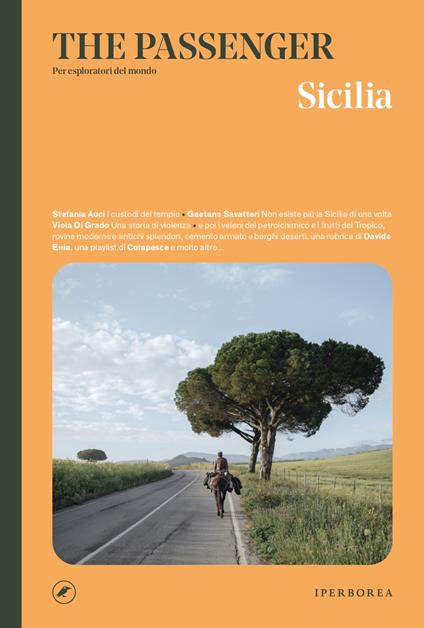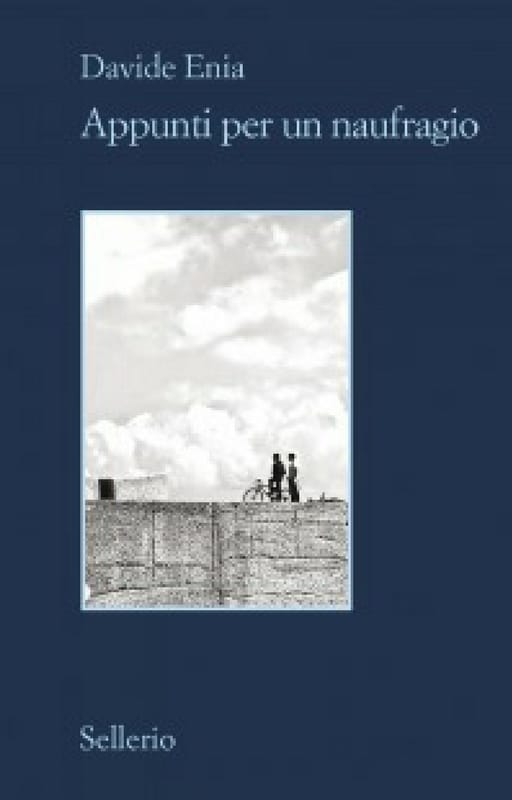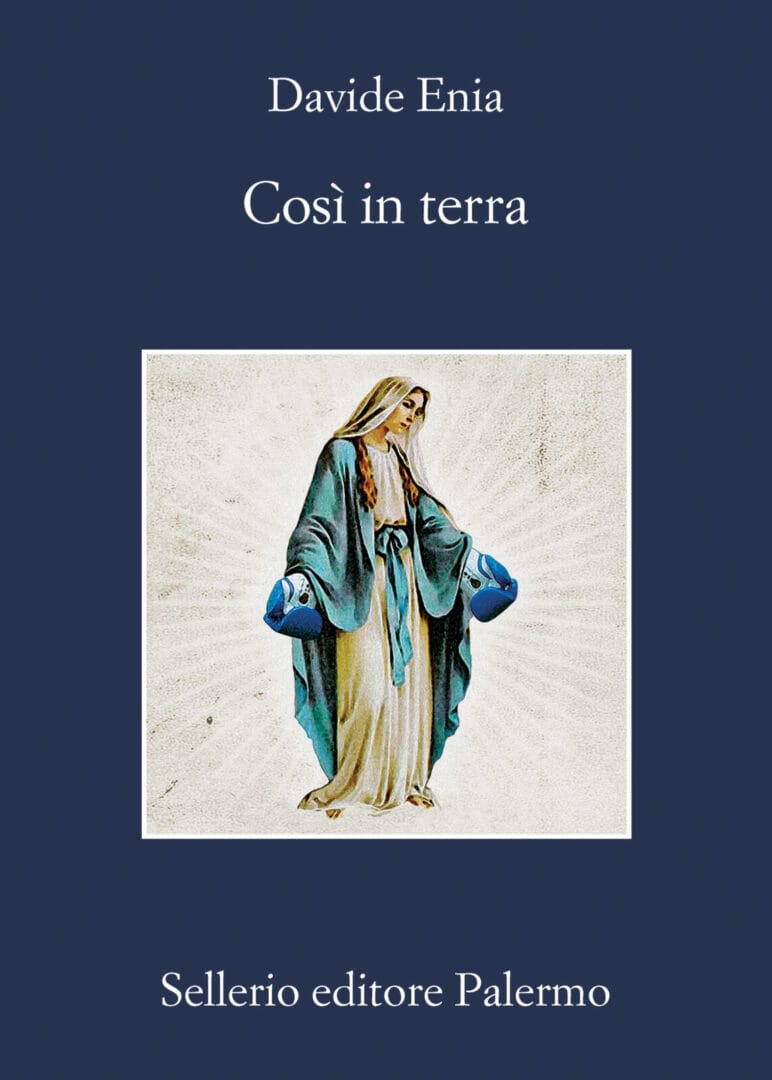Davide Enia
Davide Enia is a playwright, actor, theatre director and novelist.
His shows are Italia-Brasile 3 a 2 (2002), Scanna (2003), maggio ’43 (2004), I capitoli dell’infanzia (2007), L’abisso (2018). Davide Enia has been awarded the Tondelli Prize at the Riccione Prize (2003), Special Ubu Prize (2003), Hystrio Prize (2005), E.T.I. Prize (2005), Vittorio Mezzogiorno Prize (2006), Gassman Prize (2006). In 2017 he was stage director of Mozart’s opera L’oca del Cairo, at the Teatro Massimo in Palermo.
Davide Enia wrote and performed the radio drama Rembò (2006) for RaiRadio2.
In 2012 he published his first novel, Così in Terra (Baldini & Castoldi Dalai), translated and published worldwide, and awarded in France in 2016 the Prix du Premier Roman Étranger and the Prix Brignoles as best foreign novel of the year. Così in terra is republished by Sellerio in 2023.
His second novel Appunti per un naufragio (Sellerio, 2017) has been published in France, USA, Germany, Spain and awarded the Mondello International Literary Prize (2018).
The novel inspired the show L’Abisso (2018), Hystrio Twister prize for best show of the year, Le Maschere del Teatro prize for Best Monologue Interpreter, Ubu prize for New Italian Text or Dramaturgical Writing.
In 2023 he writes and directs Eleusi with a production by the Piccolo Teatro di Milano - Teatro d'Europa.


